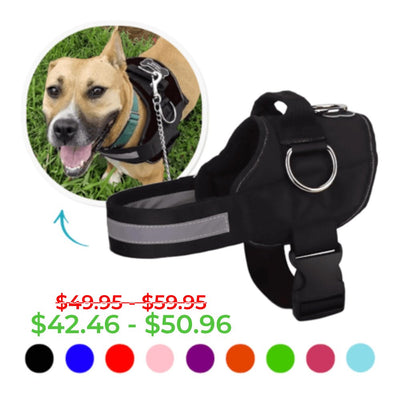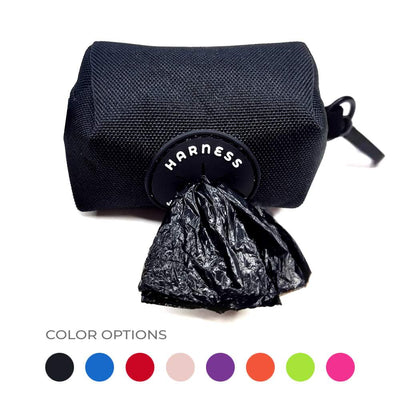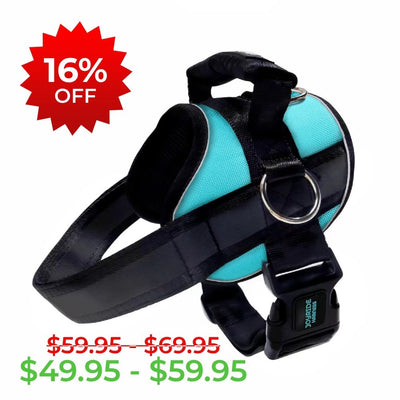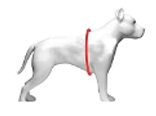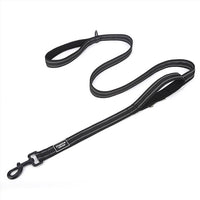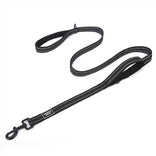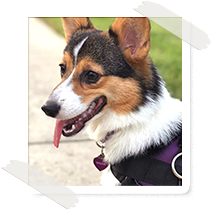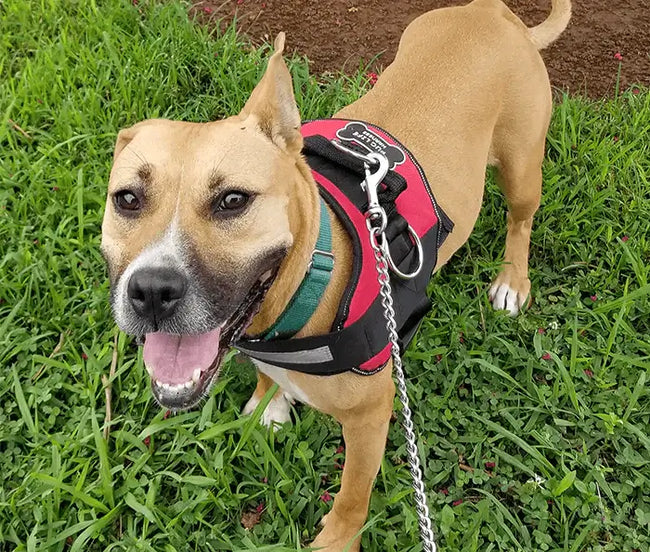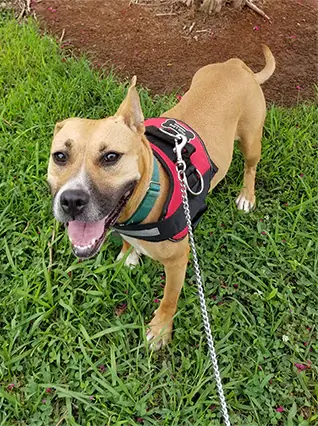Tips for Maintaining Your Dog’s Oral Hygiene

When it comes to our dogs' health, we often focus on diet, exercise, and grooming.
However, dental care is just as crucial. Poor oral hygiene can lead to serious health issues, including periodontal disease, tooth loss, and even systemic problems affecting the heart, liver, and kidneys.
Why Dental Health Matters
Dental disease is one of the most common health problems in dogs. According to the American Veterinary Medical Association, by the age of three, most dogs have some evidence of periodontal disease.
This condition begins with plaque buildup, which hardens into tartar and can lead to inflammation, infection, and tooth loss if left untreated.
Beyond the mouth, bacteria from dental infections can enter the bloodstream, potentially causing damage to vital organs. Therefore, maintaining your dog's oral health is essential for their overall well-being.
Signs of Dental Problems in Dogs

It's important to recognize the signs of dental issues early. Common indicators include:
-
Bad breath
-
Red or swollen gums
- Yellow or brown tartar buildup on teeth
- Difficulty eating or loss of appetite
-
Pawing at the mouth or face
-
Loose or missing teeth
If you notice any of these symptoms, consult your veterinarian promptly.
Tips for Maintaining Your Dog’s Oral Hygiene
1. Regular Brushing
Brushing your dog's teeth is the most effective way to prevent dental disease. Aim to brush their teeth daily using a toothbrush and toothpaste specifically designed for dogs. Human toothpaste contains ingredients that can be harmful to pets.
Start slowly, allowing your dog to get used to the process. Use positive reinforcement, like treats and praise, to make brushing a positive experience.
2. Dental Chews and Toys
Dental chews and toys can help reduce plaque and tartar buildup. Look for products approved by the Veterinary Oral Health Council (VOHC), which have been tested for effectiveness. These chews can be a fun and beneficial addition to your dog's oral care routine.
3. Specialized Dental Diets
Some dog foods are formulated to promote dental health. These diets often have a texture that helps clean teeth as the dog chews and may contain ingredients that reduce plaque formation. Consult your veterinarian to determine if a dental diet is appropriate for your dog.
4. Regular Veterinary Check-Ups
Routine veterinary visits are essential for monitoring your dog's dental health. Your vet can perform professional cleanings and check for signs of dental disease that may not be visible at home. Regular check-ups can catch issues early and prevent more serious problems.
5. Water Additives and Oral Rinses
Water additives and oral rinses can help control plaque and freshen your dog's breath. These products are added to your dog's drinking water or applied directly to their mouth. While not a substitute for brushing, they can be a helpful supplement to your dog's oral hygiene regimen.
Professional Dental Cleanings

Even with diligent at-home care, professional dental cleanings are sometimes necessary. These procedures are performed under anesthesia and allow the veterinarian to thoroughly clean below the gum line, where plaque and tartar can cause the most damage.
Your vet will advise you on the recommended frequency of professional cleanings based on your dog's age, breed, and overall health.
Preventing Dental Disease
Prevention is key to maintaining your dog's dental health. By incorporating regular brushing, providing dental chews, feeding a dental-friendly diet, and scheduling routine veterinary visits, you can help ensure your dog's mouth stays healthy.
Remember, early intervention can prevent more serious health issues down the line. Taking proactive steps now can save your dog from discomfort and you from costly treatments in the future.
--
This is just a sampling of informational roundups we offer at Joyride Harness. You can find more tips and tricks and how-to’s for caring for your dog on our blog at this section. Feel free to leave a comment with things you’re looking for!


